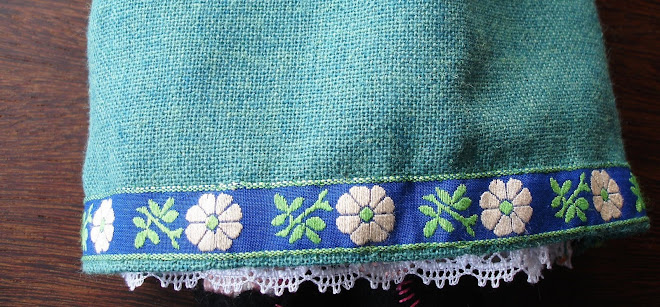
An American friend from London sent me a list entitled Forty Things in the Life a Portuguese Child. The list was made for those children born to Portuguese immigrants. I am part of a generation that grew up in the 1970´s to parents who came from little Portuguese rural villages to a country where everything was strange and big. We learned along with our parents a new language and way of life, while still preserving their old way of life. The life our parents left behind in Portugal.
For me, being a first generation born American is sometimes not knowing who you are but knowing you are someone different. It is thinking that I am different but loving that difference just the same. It is being the same but appreciating the uniqueness in everyone. It is thinking that everyone is like me but not everyone likes the way you think and do things. Then at some point in life realizing that you would not want it to be any other way.
(Some of the) 40 Things in the Life of a
1. You ate sopa de coves for dinner at least three times a week, and every Sunday.
2. You were as tall as your grandmother by the age of seven.
3. Your mom´s main hobby was cleaning.
4. You were surprised to find out that wine was actually sold in stores. (All of our fathers made wine at home.)
5. You thought that killing the pig each year and having torresmos, morcella, linguica, and hanging the dead pig from the ceiling was absolutely normal.
6. You never ate meat on Christmas Eve (Consoada) or any Friday for that matter.
7.You were beaten at least once with a wooden spoon or broom.
8. You have at least one relative who came over on "the boat".
9. You have at least six male relatives named Tony, Frank, Joe, or Louie.
10. You had a drink of wine before you were a teenager.
11. You were pinched under the arm in church by your mother.
12. Your grandparent´s furniture was as comfortable as sitting on plastic. Wait!! You were sitting on plastic.
13. You thought talking loud was normal.
14. There was a crucifix in every room of the house.
15. You couldn´t date a boy without getting approval from your father. (if you could date and he had to be Portuguese.)
16. You were anxious about taking your lunch to school. (It usually smelled different from other kids....must have been the "panados.")
17. Every condition, ailment, misfortune, memory loss and accident was attributed to the fact that you didn´t eat something.
18. You knew how to translate a letter for your parents by the age of seven.
19. And finally.......even the family dog understood Portuguese.
Thanks, Fatima.
**


6 comentários:
Dear Bruno,
It´s true that I Portuguese citizen ( I have dual citizenship) but I was born and raised in the states and moved to Portugal when I was thirty. I write sometimes in English then in Portuguese. Mainly I go English because I am embarrased by my Portuguese grammar and spelling!
Be well and keep in touch.
Mary querida, eu adoro quando tu escreves em Português, porque tu és única e delicias as nossas almas.
Mas tb não me importo que escrevas em Inglês porque tb vou percebendo e se calhar para ti é mais fácil.
Fartei-me de rir com a sopa de couves lololololol vem com a Sandy na sexta.... tenho saudades tuas....
Cultivamos as nossas diferenças! :-)
sweetie,
just stumbled into your blog!
wonderful.
Eu também tenho filhos de emigrantes na família e não são poucos! Quase todos de New Jersey. Os portugueses vivem uma dualidade permanente, vivem divididos e vivem com o seu amor espartilhado por lá, por onde nascem, e por cá pela terra dos pais ou dos avós. Um sobrinho meu "Born in USA" ao chegar à nossa terra, pequeninho, ouviu a mãe dizer: "raio de pedras estas, já não estou habituada a elas". O puto que achava muita piada às pedras que não tinha onde nasceu, pegou numa e disse: "cala-te mãe, não digas mal das pedinhas do nosso Portugal"!
PS. Escreve sempre no teu português que é bem bom para todos nós, essencialmente para quem não percebe inglês. Bjs
Saloia voce e como eu sou! Portuguesa mas tambem Americana. I see many of the values Portuguese immigrants have. I am curious to know how when you were 30 you returned to Portugal. I know many Portuguese immigrants who's parents returned to Portugal with when their kids were young teenagers or younger. Typically though once a person is 18 or 20 very few return to Portugal with their parents.
Enviar um comentário